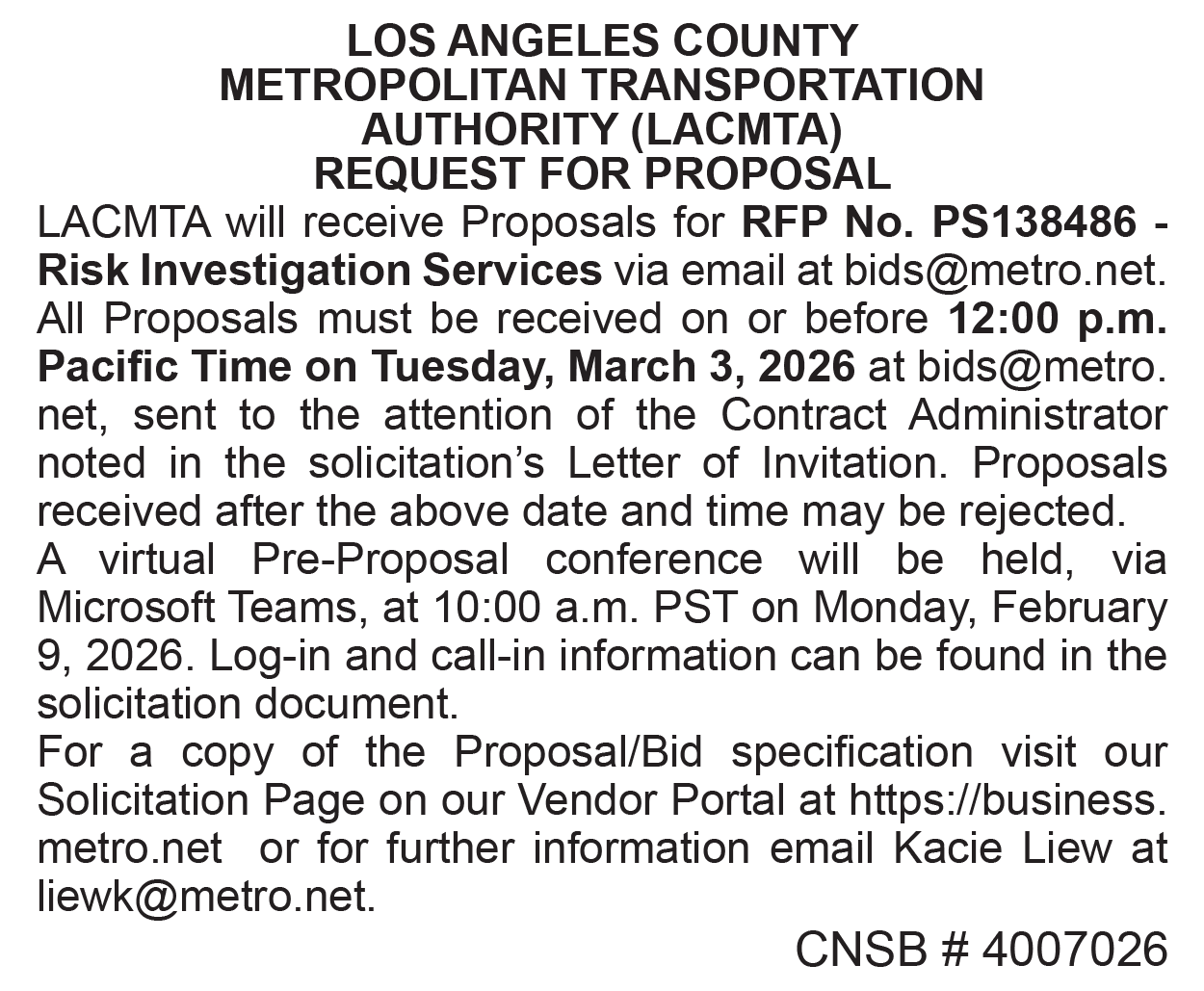Langham: Bias Is Pernicious
Friday, August 8, 2025 | 0
The attorney opens a mediation negotiation with a superlative bloviation: "This case cannot be worth less than $1 million," or "There is no way the alleged accident or injuries are compensable."

Judge David Langham
These may be posturing points, exaggerations or mere overstatements. There is a desire in any negotiation to start in a posture from which there is room to maneuver.
The treating physician evaluates a patient and, despite the expressed intent to obtain various tests, hypothesizes, "This will not require surgery," or "Surgery is likely inevitable; it is a question of when."
The claims professional contacts counsel regarding representation. The facts and circumstances from their perspective are conveyed, including that "This report of injury is very suspicious" and "This supposedly happened on Tuesday after a holiday weekend — we know this employee engages in extreme sports and was scheduled for a trip that weekend."
The injured worker presents for medical care and provides a description of the injury, along with current complaints. This stresses a particular anatomy because of its severity in that moment, compared to other complaints that pale in comparison and are seemingly less important. But only less so in that moment. The severe anatomy becomes the singular focus of the treater, the ancillary care providers and the records that are created.
In each, we observe someone in the workers' compensation orchestra receiving information for the first time. Each is a "first impression." It is likely that the various individuals will compare every informational input they receive after that to their first impression or first information.
The tendency to do so is "anchor bias" and is broadly defined as a tendency to adopt conclusions and resist moving away from them as contrary indicia or evidence emerges. All of the new information gleaned over time will likely be filtered through the initial information.
This predisposition is interrelated with the "primacy effect," which causes us to assign significance to our first exposures and conclusions. Logically, we also like what we are already used to, and what we learn earliest has the most familiarity to us as we proceed through the gathering and assessment of new information. This is heightened if that initial impression/information is reiterated and reinforced.
Over time, some "facts" such as this may become more pernicious to our analysis, though each may not be a fact at all. The mere repetition of either an initial fact/statement or some contradictory fact/statement thereafter may gain prominence through illusory truth, the frequency of repetition (frequency) or the credentials of the person adding that new fact to the melange (authority bias).
How we perceive or accept facts may be influenced by our personal worldview (belief bias) and concerns such as the just-world hypothesis or our tendency to more readily accept new evidence that fits our existing hypothesis (confirmation bias).
These are but a few. With them, we can see the potential for an attorney to pollute negotiations, for better recollections of certain facts by observers or care providers and for our own innate tendencies to either retain or disregard data. And these are but a sampling of the challenges that we face with our own brains.
If you want to know more about predisposition, read my latest free book, "Unseen Influence: Unconscious Predisposition in Dispute Resolution." I have tried to address about 150 predispositions and to relate how they are important for attorneys, physicians, mediators and more.
Join us at the WCI Conference, where I will be on a panel with two learned psychologists of great repute. They will help work through how we can recognize and utilize predisposition and bias in our consideration of information, formation of conclusions and evolution of disputes.
David Langham is deputy chief judge of the Florida Office of Judges of Compensation Claims. This column is reprinted, with his permission, from his Florida Workers' Comp Adjudication blog.







Comments